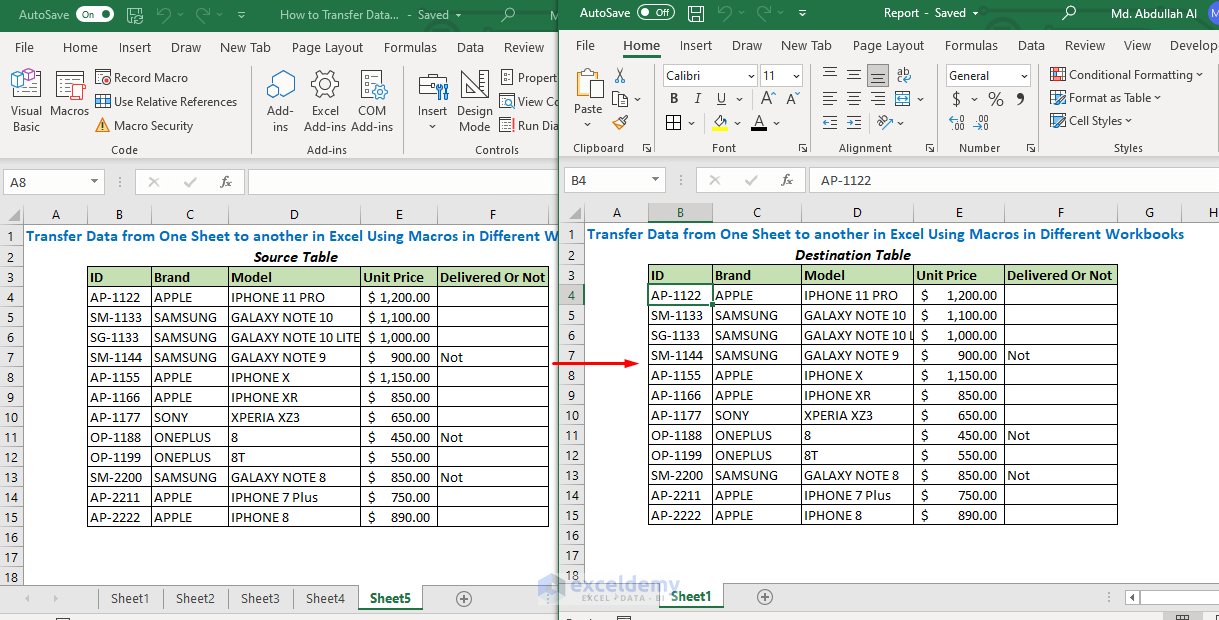Franchise Paperwork: What You Need to Know

Understanding Franchise Paperwork

Starting a franchise can be an excellent way to enter the world of business ownership, offering a proven business model, brand recognition, and support from a larger parent company. However, navigating the paperwork involved in franchising can be daunting for newcomers. This post aims to demystify the documents and processes involved in setting up a franchise, helping you prepare for what lies ahead in your franchising journey.
What are the Key Documents You'll Encounter?

When embarking on a franchise, you'll come across several critical documents:
- Franchise Disclosure Document (FDD): This comprehensive document provides detailed information about the franchisor, including the business background, litigation history, financial statements, and obligations of both the franchisor and franchisee.
- Franchise Agreement: The legal contract that outlines the rights, duties, and obligations between you and the franchisor. It's the blueprint for your relationship with the franchise brand.
- Financial Statements: These provide insight into the financial health of the franchisor, crucial for understanding your investment's potential.
- Lease Agreement: If your franchise operation involves a physical location, the lease agreement will detail the terms of occupancy.
- Operational Manual: While not always a legal document, it's essential for understanding the operational procedures and standards expected by the franchisor.
Breaking Down the Franchise Disclosure Document (FDD)

The FDD is pivotal in the franchising process, and here are some of its key items:
| Item | Description |
|---|---|
| Item 1 | The Franchisor and any Parents, Predecessors, and Affiliates |
| Item 2 | Business Experience |
| Item 3 | Litigation |
| Item 19 | Financial Performance Representations |

📝 Note: Always ensure you review and understand Item 19, as it provides financial performance representations, which can be a critical decision factor.
Navigating the Franchise Agreement

The Franchise Agreement is legally binding and covers:
- Franchise Fee and Other Costs: Initial and ongoing fees, including royalty payments.
- Territorial Rights: Exclusive or non-exclusive territories for your business operations.
- Duration and Renewal: The term of the franchise and the conditions for renewal.
- Termination: Circumstances under which the agreement can be terminated by either party.
- Restrictions: Any limitations on what products or services you can offer or where you can operate.
Make sure to read this document thoroughly and consider legal advice for a better understanding of the commitments involved.
Understanding Financial Statements

Reviewing the financial statements of the franchisor is crucial:
- They provide an overview of the company's revenue, profitability, and financial stability.
- This information helps in assessing whether the franchisor is in a strong position to support franchisees and if the franchise is a sound investment.
Lease Agreements and Operational Manuals

If your franchise involves a physical location:
- Lease Agreement: It outlines the rent, duration, repair responsibilities, and other terms of your business property.
- Operational Manual: This document details the standard operating procedures, training requirements, and other operational specifics that you must follow to maintain brand consistency.
💡 Note: Always ensure you understand any lease agreement, as it can have significant financial implications on your franchise.
Tips for Managing Franchise Paperwork

- Seek Professional Advice: Always consult with franchise attorneys, accountants, or consultants to help navigate legal and financial documents.
- Take Time: Don't rush through the paperwork. Each document is there for a reason, and understanding them fully can save you from potential pitfalls.
- Keep Copies: Store all franchise documents in a secure, organized manner for easy reference in the future.
- Ask Questions: If there's something in the documents you don't understand, ask for clarification. It's better to know upfront than to find out later.
By taking a systematic approach to understanding and managing franchise paperwork, you can better position yourself for a successful start to your franchise journey. This process, although often complex, is a fundamental part of becoming a franchisee.
What should I look for in a Franchise Disclosure Document?

+
Look for details on the franchisor's background, litigation history, financial performance, franchisee obligations, and any financial performance representations in Item 19.
How long does the typical Franchise Agreement last?

+
The term can vary widely, but typically Franchise Agreements last for 5-20 years with options for renewal under certain conditions.
Do I need a lawyer to review my Franchise Agreement?

+
It's highly recommended. A franchise lawyer can help you understand the legal obligations, negotiate terms, and identify any red flags.
What are the risks of not understanding franchise paperwork?

+
Not understanding the documents can lead to financial liabilities, business restrictions, or legal disputes. It's crucial for making informed business decisions.
Understanding and managing franchise paperwork is a critical step toward becoming a successful franchisee. By paying attention to each document, seeking professional advice, and keeping well-organized records, you can confidently navigate the franchise landscape. Remember, each piece of paperwork is there to protect both you and the franchisor, ensuring a clear path to your business success.



